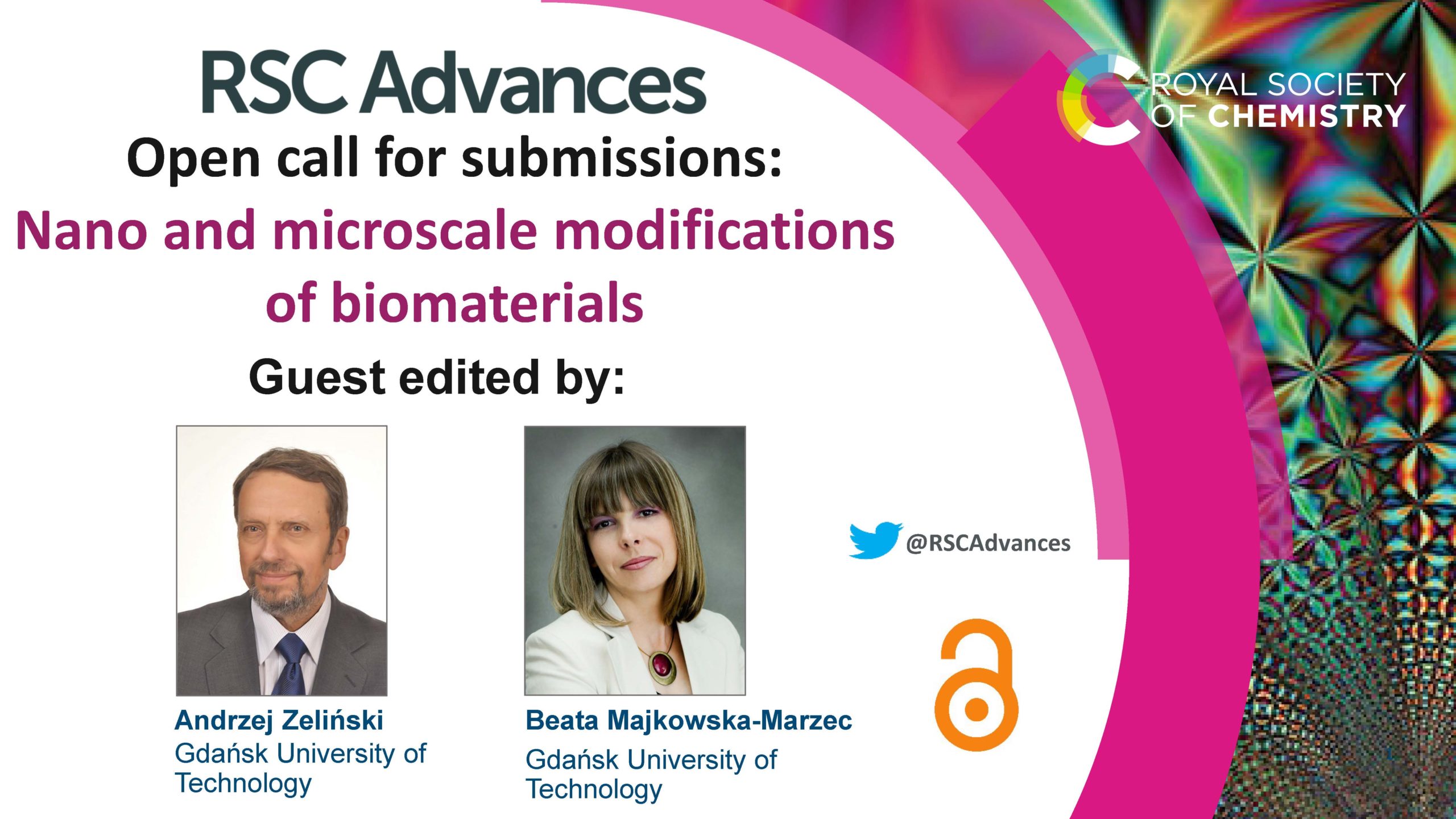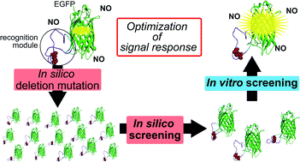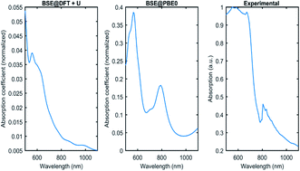Would you read your own manuscript?
The importance of honesty and integrity in publishing.
This week’s advice is courtesy of Dr Fabienne Dumoulin, who discusses many reasons why manuscripts can be rejected without review. Fabienne reminds us of the principal purpose of publishing: collaboration and sharing to ensure advancement of the scientific community.
Meet the editor:
Dr Fabienne Dumoulin, Associate Editor and Editorial Board Member for RSC Advances, works in the Department of Biomedical Engineering of Acibadem Mehmet Ali Aydınlar University. Her research interests surround phthalocyanines, co photodynamic therapy, molecular materials, and nanomedicine.
Dr Fabienne Dumoulin, Acibadem Mehmet Ali Aydınlar University
- What is the most common reason for rejecting a manuscript without review?
‘There are several reasons to pre-screen a manuscript and desk-reject it.
Very rarely, because the journal scope is rather large, a manuscript can be rejected because there really is no chemistry. A complete biological work on a molecule or material that is already published and without reference to the role of its structure wouldn’t fit in RSC Advances. This is rare, but it happens.
What is really crucial is the solidity of science. Are the characterizations complete and reliable? In line with the journal guidelines? Is the experimental part accurate? Copy-paste are often used during its preparation, but I’ve seen materials and methods sections citing characterization equipment that are not used in the description of the reported materials or molecules.
Declaring a paper as incremental and rejecting it on this basis is more subjective, but we can see some (a minority of) authors submitting manuscript with nearly the same figures because the same measurements are made, with the same organization of works, the molecules or materials being only slightly different from what is already available in the literature by the same authors. Here come the different between what is novel/new and what is scientifically interesting.
Even more subjective is the impact criteria. It is partially related to the incremental one! Simple example: if we know how a molecule with a hexyl chain behaves, no need to publish the same with an octyl chain if no significant difference(s) in the properties are observed. Or use of a different cell line? but nothing new? That would also prompt a desk-rejection.
Finally, we are trained on detecting paper milled manuscripts, and assisted by the fantastic editorial publishing team of the journal!‘
- What is the best piece of advice you could give a submitting author?
‘Write and submit a paper you would like to read, as a reviewer and as a scientist!
Remember that beyond the need to publish dictated by annual performance evaluation and funding applications, the first purpose of scientific publication is to SHARE SCIENCE and SHARE SCIENTIFIC DATA to help the other actors of the field moving forward.
Like: I’ve tried this, it does work, or this works better, no need to repeat the experiment, rather use this information as it may prompt new topics/procedures/experiments/hypotheses, open new horizons, avoid reproducing dead ends.
Also, your manuscript must give a feeling of trust and confidence. Present solid characterization and experimental part. Spectra must be complete (always start the scale of your NMR spectra at zero please…), as must be the microphotographs of gels. When only a part of an electrophoresis gel is of interest for the discussion, it is fine to put only this part in the paper, but then present the whole picture in the supporting information for the sake of reliability (and refer to it in the caption of the manuscript figure!). Otherwise, it raises a red flag!
Figures must be well readable, without useless colors and effects.
Be rigorous, homogeneous, and coherent.
Be honest. You’ve submitted your paper to another journal? Specify it in the submission system if it is an RSC journal, in all cases in the cover letter. Explain why you believe it will fit well in RSC Advances despite this previous rejection.
And, please, please, please discuss your results. Unexpected observation? Mention it, explain why it is unexpected, why it is important, contextualize with the existing data and the expectations when you designed and conceived the works.‘
We hope that you find these insights from useful while writing your next paper!
Tune in next week for more Advancing with Advances!
You are welcome to send in any questions you have about peer-review or publishing to advances-rsc@rsc.org or post them on Twitter @RSCAdvances #AdvancingWithAdvances.
Don’t miss out on our previous tips on how to publish and not perish below:
Advancing with Advances (Part 1): featuring Professor Robert Baker (Trinity College Dublin)
Advancing with Advances (Part 2): featuring editorial insights from staff editors at RSC Advances
Advancing with Advances (Part 3): featuring Professor Brenno A.D. Neto (Universidade de Brasília, Brazil) Dr. Donna Arnold (University of Kent, UK), and Professor Nestor Mariano Correa (Universidad Nacional de Rio Cuarto, Argentina)
Advancing with Advances (Part 4): featuring Professor Megan O’Mara (Australian Institute for Bioengineering and Nanotechnology), Dr Giacomo Saielli (University of Padova, Italy), and Dr Pablo Denis (Universidad de la Republica Oriental del Uruguay)
Advancing with Advances (Part 5): featuring Professor Franck Dumeignil (University of Lille, France) Professor Xi Chen (Shanghai Jiao Tong University, China), and Professor Manojit Pal (Dr Reddy’s Institute of Life Sciences, India)
Advancing with Advances (Part 6): featuring Dr. Ranjit Koodali (Western Kentucky University, USA), Professor Luigi Vaccaro ( University of Perugia, Italy), and Professor Thierry Ollevier, (Université Laval, Québec Canada)
Advancing with Advances (Part 7): featuring Professor Steven McIntosh, Lehigh University, Pennsylvania, USA and Dr. Lubomír Rulíšek, Institute of Organic Chemistry and Biochemistry of the Czech Academy of Sciences, Prague
Advancing with Advances (Part 8): featuring Professor Leyong Wang, Nanjing University, China, and Professor Pucci, University of Pisa, Italy.
























